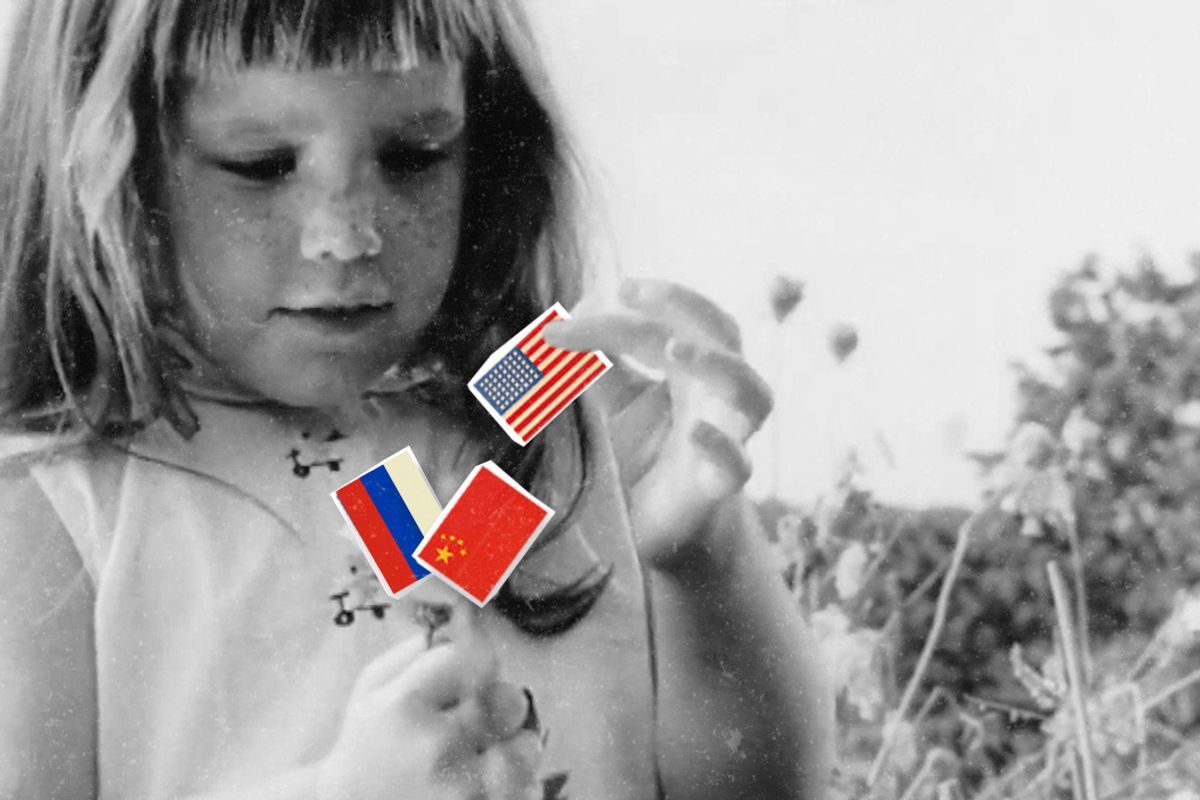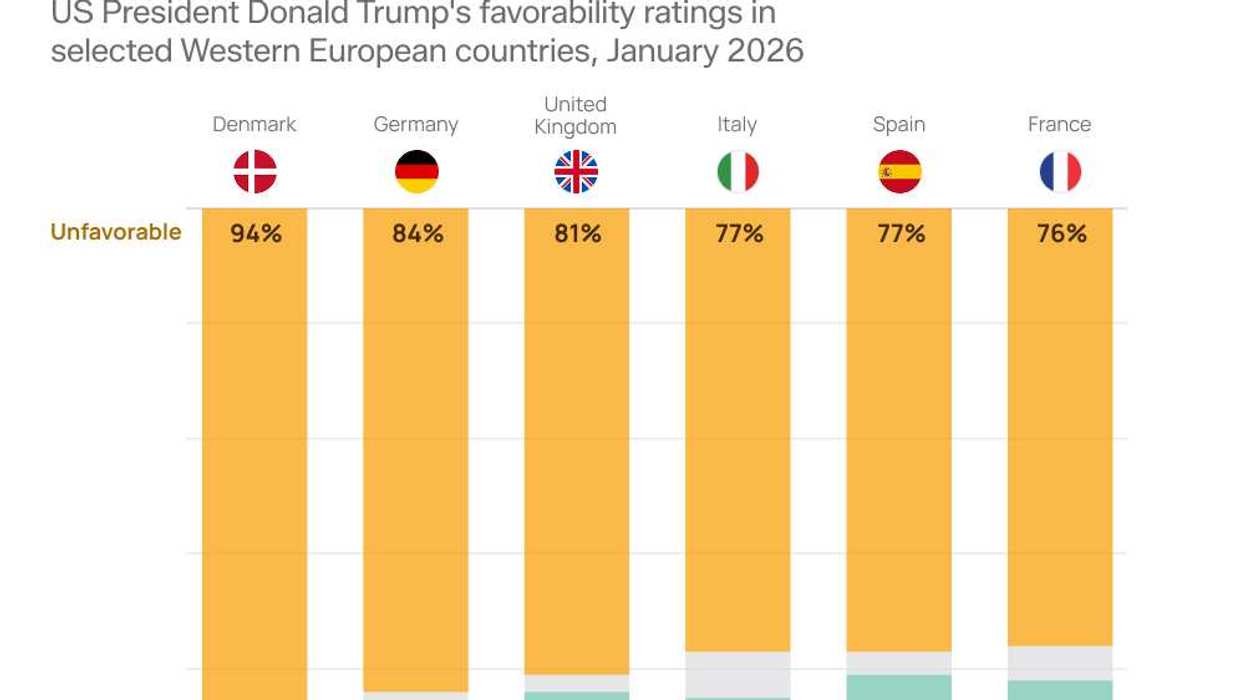US and Russia buy time to talk arms control: Americans and Russians are close to agreeing on a one-year extension of their last remaining nuclear arms control agreement. For months the two sides have been unable to settle on terms to extend the New START treaty, an agreement limiting long-range nuclear weapons that was hammered out by the Kremlin and the Obama administration back in 2011, and expires next February. One of the main points of contention was the Trump administration's insistence that Russia bring China into any new arms control pact. But Beijing has no interest in capping its nuclear arsenal at levels far lower than what the US and Russia have, while the Kremlin says that if China is part of it, then other Western nuclear powers like the UK and France should join as well. But those disputes will be shelved now, as Moscow and Washington have agreed to freeze their nuclear arsenals for one year and to keep talking about an extension in the meantime. Of course, the Kremlin — which proposed the one-year extension as a stopgap — can't be sure just whom they'll be talking to on the US side after January…
Spain's no-confidence vote: Spanish Prime Minister Pedro Sánchez faces a no-confidence vote in parliament over his minority coalition government's alleged mismanagement of the COVID-19 crisis. Infections have already surpassed one million, while Spain is suffering the worst pandemic-related economic crisis in the European Union. Although Sánchez has (just barely) enough votes to stay in power, the move will give Santiago Abascal, the firebrand leader of the increasingly popular far-right Vox party, an opportunity to blame the PM for all of Spain's problems. But his real target is the establishment center-right Popular Party, which Abascal is painting as too weak to lead a true conservative opposition. The PP, for its part, will vote against removing Sánchez — but only because the no-confidence mechanism was brought by an extremist party. Moreover, the PP is also under pressure from its moderate wing to support the leftist government on declaring a second nationwide state of emergency against COVID-19. Will the urgency of dealing with the public health crisis bring some badly-needed compromise to increasingly toxic Spanish politics?
Thailand lifts protests ban: Thai leader Prayuth Chan-ocha has lifted the state of emergency he declared days ago to stop young pro-democracy activists from protesting against his government and the all-powerful king... after the youngsters completely ignored the ban on public gatherings. Since the rallies started months ago, Prayuth has shied away from launching a harsh crackdown against the peaceful protesters, despite calls by hardliners and royalists to unleash the military on them. But lately the former army chief and 2014 coup leader has focused on fighting the activists on the internet by censoring social media, blocking critical news sites, and shutting down an independent online TV network. Prayuth has also detained a handful of the most prominent pro-democracy activists, but the arrests have done little to cow a movement that remains defiant. So, what's the way out for both sides? Years ago the beloved former Thai king would have already intervened to calm things down — we're watching to see whether his less-revered son and successor will follow dad's playbook.


















